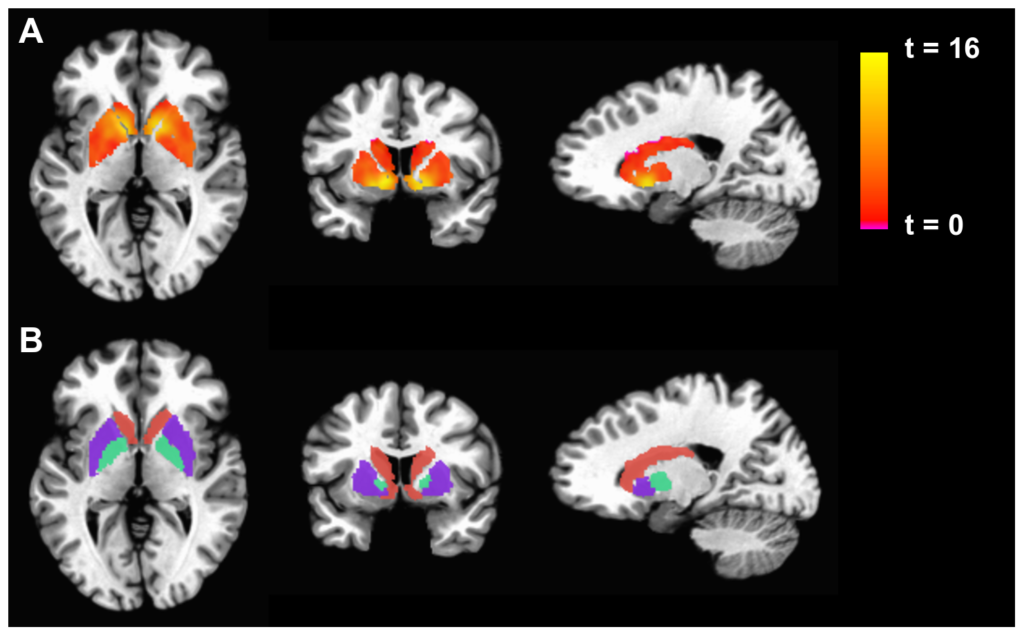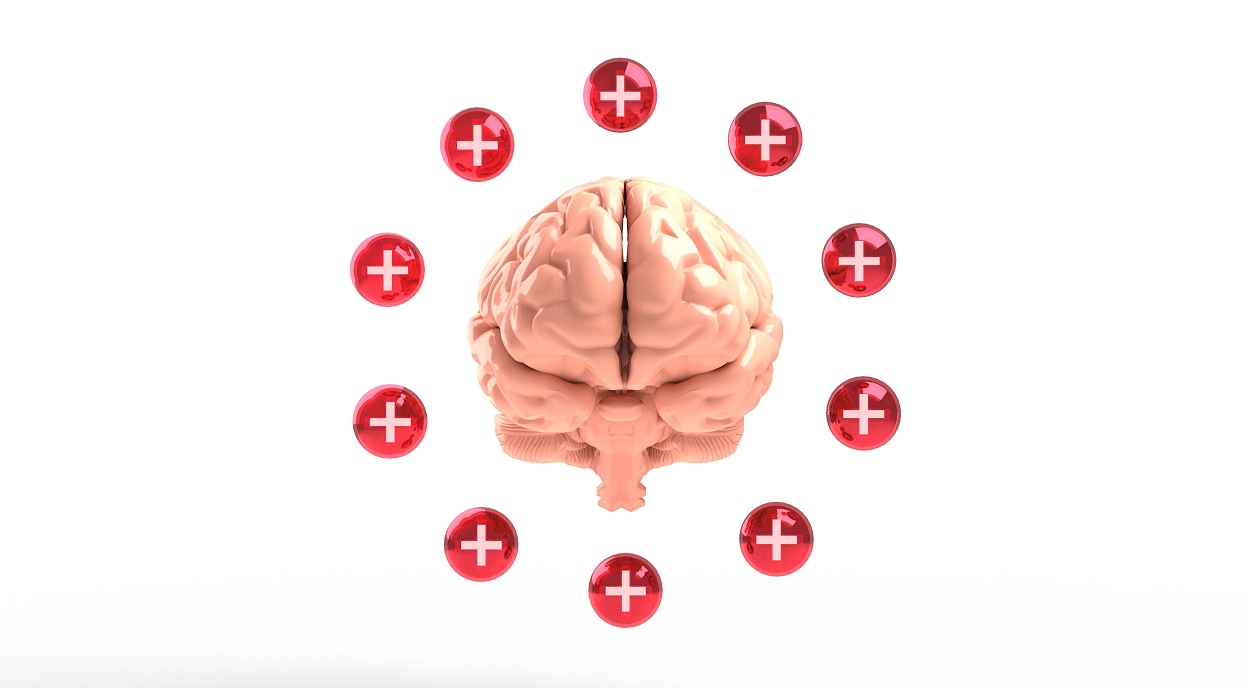When they think about brain health, people may often worry about conditions such as Alzheimer’s disease, the most common form of dementia, which an estimated 6.2 million older adults in the United States are living with in 2021.

The risk of neurodegenerative conditions should not be the only reason to look after our brains throughout our lives, though.
As we age, our brains naturally age with us, leading to effects such as patchy memory and reduced brain mass.
However, there are ways to help keep the brain “in shape” for longer and slow down its inevitable aging. There are also some key factors that influence how healthy the brain remains throughout life.
Cardiovascular health maintains the brain
There is strong evidence that brain health and cardiovascular health are closely connected, so damage to the heart and vascular system can negatively affect the brain.
The AHA came up with Life’s Simple 7 in 2017. This brief guide names seven key factors to look out for when it comes to cardiovascular health.
These are:
- blood pressure
- cholesterol
- blood sugar
- level of exercise
- diet
- body weight
- smoking status
According to the AHA, hypertension (high blood pressure), high cholesterol, high blood sugar, a sedentary lifestyle, a poor diet, a high body mass index (BMI), and smoking all place cardiovascular health at risk.
However, the good news is that these are all environmental factors that individuals may be able to take steps to modify.
Now, in a new scientific statement that appears in the journal Stroke, the AHA reiterate the importance of these seven factors to maintain the health of not only the cardiovascular system but also the brain.
“Many people think of high blood pressure, type 2 diabetes, and other risk factors as affecting only heart health, yet these very same risk factors affect our brain health,” says Dr. Ronald M. Lazar, Ph.D., the Evelyn F. McKnight Endowed Chair for Learning and Memory in Aging and director of the Evelyn F. McKnight Brain Institute at the University of Alabama at Birmingham School of Medicine.
Dr. Lazar, who is the first author of the scientific statement, also notes, “Patients might be more likely to pay attention to the importance of addressing modifiable risk factors if they understood the links.”

‘Prevention doesn’t start in older age’
This scientific statement actually provides guidelines for primary care clinicians, instructing them on what to look out for when they advise their patients on maintaining or improving their brain health.
“Primary care is the right home for practice-based efforts to prevent or postpone cognitive decline,” notes Dr. Lazar. He goes on to explain:
“Primary care professionals are most likely to identify and monitor risk factors early and throughout the lifespan. Prevention doesn’t start in older age; it exists along the healthcare continuum from pediatrics to adulthood. The evidence in this statement demonstrates that early attention to these factors improves later life outcomes.”
Dr. Ronald M. Lazar, Ph.D.
In addition to Life’s Simple 7, the authors of the statement argue that six other factors are crucial when it comes to brain health.
These factors influence cognitive ability over time. They are depression, social isolation, alcohol use, sleep disorders, insufficient education, and hearing loss.






Leave a Reply